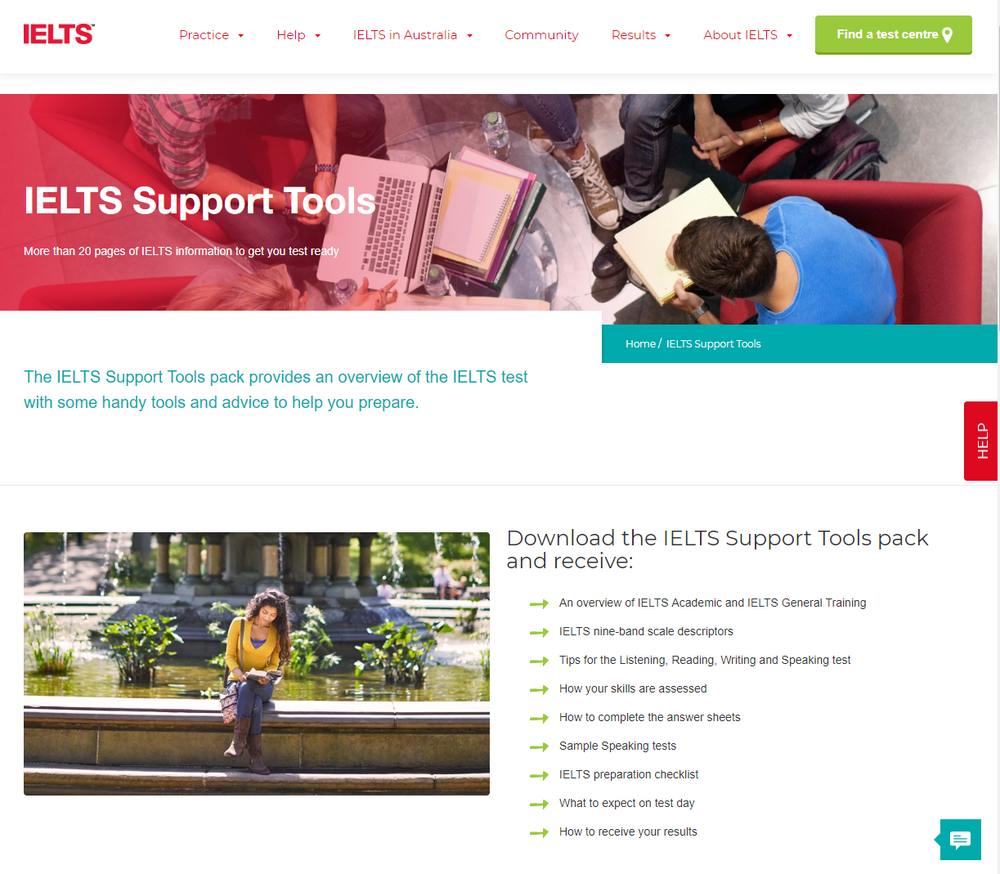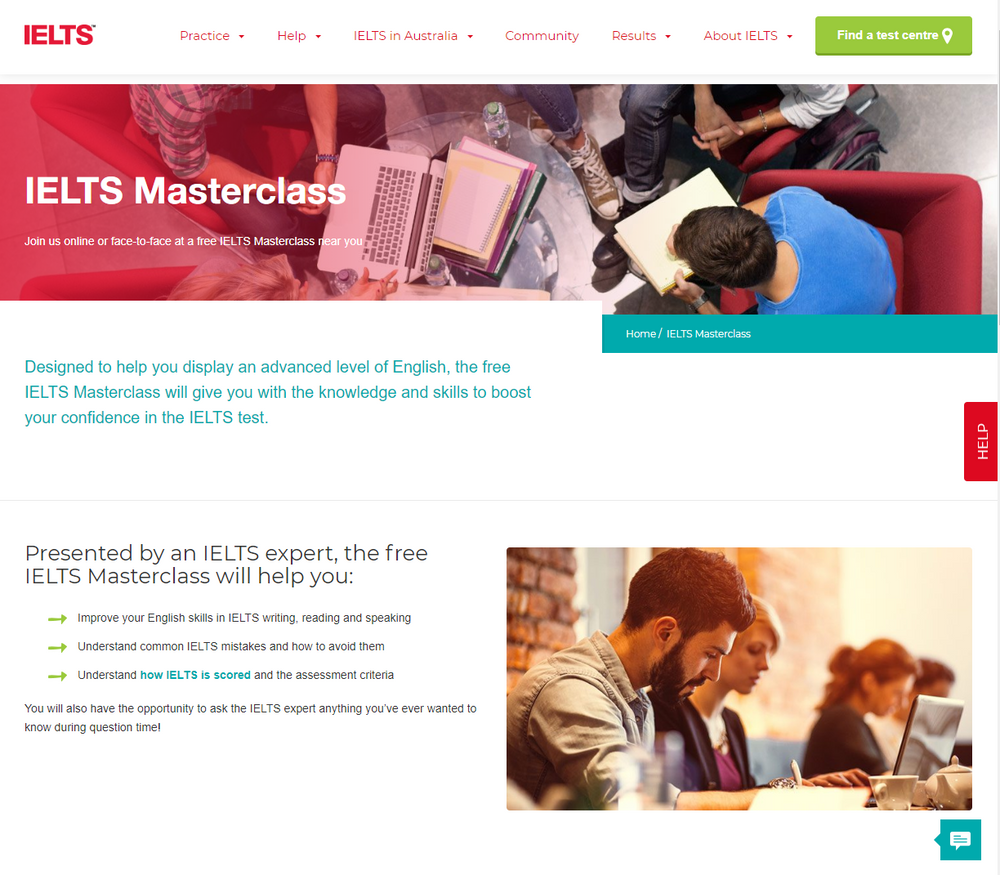What is IELTS?
A test of international English that sets task to measure communicative skills and report scores on both overall and by individual skill. IELTS offers a variety of question types and is also available as a non-academic general training for workers and migration purposes. IELTS is available globally with very well trained and standardised examiners and marking staff as well as high security protocols.
IELTS Marking System
Like all other tests, IELTS has got its own marking system which range from 0, ‘Did not attempt the test’ to 9, ‘Expert user’. IELTS test its users on their speaking, listening, reading and writing skills and each skill is weighted equally.

The average score is currently set at 7 which states that the user has operational command of the language with occasional inaccuracies and misunderstandings.
Academic Vs. General Training
The test is generally 2 hours and 44 minutes long and can be taken over the course of 1 or 2 days. As previously stated, the test can be used academically or as a general training.
ACADEMIC
Writing | 60 minutes and 2 tasks required (150 words, 250 words)
Reading | 60 minutes and 3 sections, 40 questions
Listening | 30 minutes and 4 sections, 40 questions
Speaking | 11 – 14 minutes and 3 parts
GENERAL TRAINING
Writing | 60 minutes and 2 tasks required (150 words, 250 words)
Reading | 60 minutes and 3 sections, 40 questions
Listening | 30 minutes and 4 sections, 40 questions
Speaking | 11 – 14 minutes and 3 parts
Tips and pointers!
IELTS is designed to test a user’s language proficiency and thus some pointers to keep in mind when doing this test are:
1. Luck is not an element
2. Language skills do not improve through sitting the test
3. Repeat test taking is not recommended
4. 3 months cooling period between tests was once compulsory
5. Test takers requested the cooling period be lifted.
6. Research into the factors affecting language acquisition.
Proven Strategies!
1. Allow plenty of time as skills develop very slowly
2. Take English classes or other formal tuition
3. Practise using reputable IELTS books and website
4. Use each of the four skills, everyday
5. Focus on specific aspects of language and identify recurring errors
6. Know how you’ll be tested (format, assessment criteria)
It is recommended that test takers actually do some preparation before the test as prep courses will build:
1. Confidence – The test taker will not go into the test feeling ‘cold’ and under prepared.
2. Exam techniques – Allocating time to tasks, understanding what the examiners will look for.
3. Familiarity – With the test format and types of questions.
ACADEMIC AND GENERAL TRAINING TEST
The mean overall and individual band scores achieved by 2017 Academic an General Training test takers.
ACADEMIC

GENERAL TRAINING

FREE TOOLS
There are many free tools available for test takers on the world wide web. However, it is recommended that test takers do their research and only use credible website and resources. Below are some of the links and tools available for test takers that are free:
1. FREE DOWNLOAD – IELTS Support Tools

2. FACEBOOK – IDP IELTS Essentials

3. YOUTUBE – IDP IELTS Essentials
https://www.youtube.com/watch?v=-d12M7fkD7A
4. IELTS Masterclass – FREE webinar or face to face sessions

For More information, contact our registered migration agent, Anna Molina!
Find us on Facebook @sophosmigration
Add us on LINE: annabenjung
Or call us at +61401543995
#StudyinginAustralia #StudentVisa #IELTS #English #EnglishLanguageRequirement #MigrationAgentPerth #Education #EducationAgent




Comments are closed for this article!